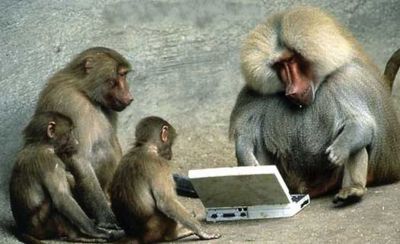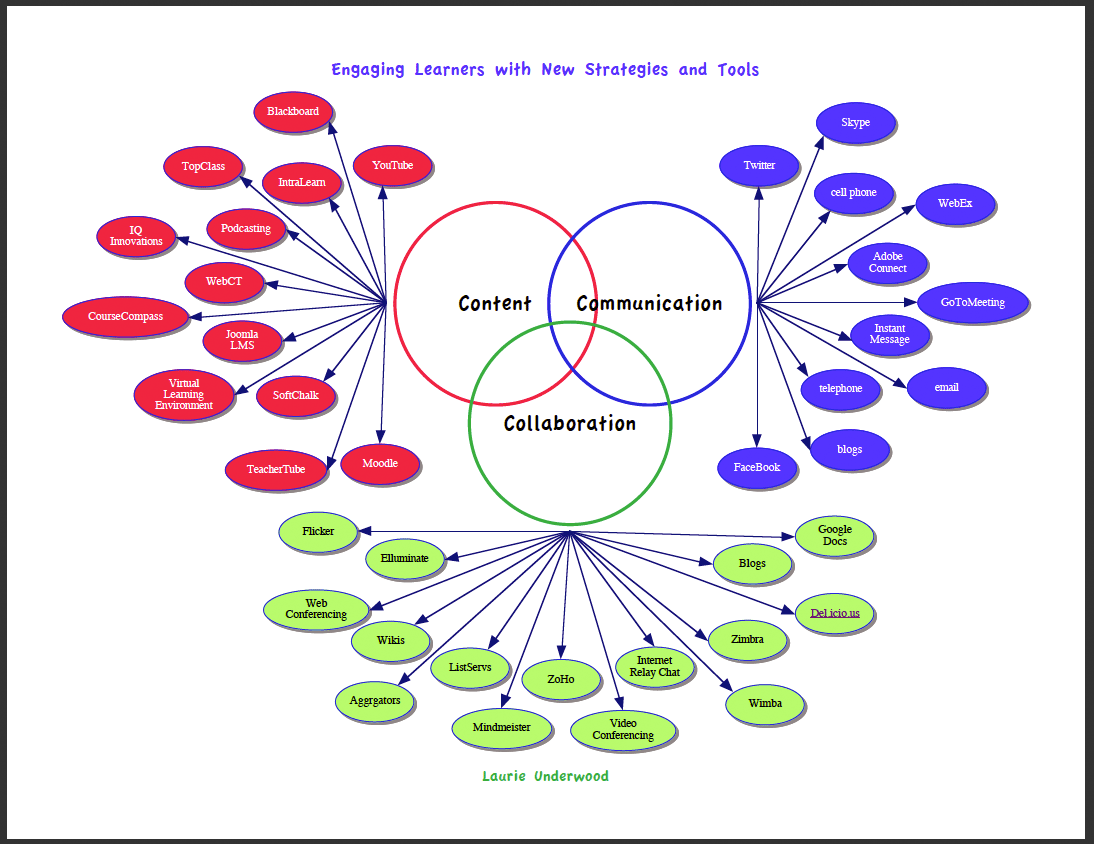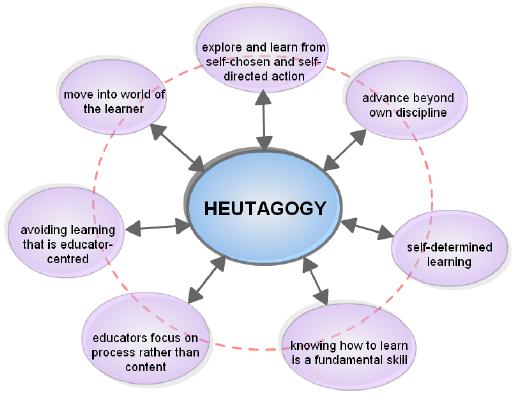
POST
Lots of reading this week and my head is full of information so I now need to deconstruct my thoughts and everything I Iearned / I acquired.
♥ Adventures in Online Pedagogy with Jim Sullivan / Lisa M Lane
What I liked the most was that the overall presentation was very well explained. Not boring at all! The slides were an excellent support to have a clear understanding of the various facets of online education theory, which you may choose, via three important steps:
→ Instructivism
→ Constructivism
→ Connectivism
Instructivism: I apply this method when I explain grammar but I mix it with constructivism (they have to make up their own sentences after showing examples) and connectivism (same principle of taking the content to give it to the students and in return they give me their input with new material of their own but using the baseline I gave them previously and they share it with everyone) at some point in the class when I get students engaged in group discussion and dialogues.
♥ Larry Sanger’s Individual Knowledge in the Internet age:
A few things I like here below
↓
→Quite a few comments from him I very much liked: The bottom line is that how well an employee can focus might now be more important than how knowledgeable he is. You can have education but how well do you apply your knowledge? Focusing on your work, using your experience can be more valuable than just knowledge itself.
→I agree with this. It can still be a superficial knowledge even grasping a few important key elements from Wikipedia, for instance. Nothing can replace critical study and spending time in making research to go to the heart of the matter = Reading a few sentences in Wikipedia about some theories on the causes of the Great Depression does not mean that one thereby knows or understands this topic. Being able to read (or view) anything quickly on a topic can provide one with information, but actually having a knowledge of or understanding about the topic will always require critical study. The Internet will never change that.
→Same thing here and Larry Sanger having a background in philosophy certainly knows that reading between the lines and understanding all the facts cannot lead to constructivism without putting your brain at work: The point is to develop judgment or understanding of questions that require a nuanced grasp of the various facts and to thereby develop the ability to think about and use those facts. ….
“learn how to learn:” My students need to learn that short sentence……
→Dramatic statement! Learning in a group is good but it still all comes down to knowing and learning to learn on your own too. A group situation is not always available. Thinking on your own lets you go further too: ……we will have a society of drones, enculturated by hive minds, who are able to work together online but who are largely innocent of the texts and habits of study that encourage deep and independent thought.

→What makes learning interesting is how we learn and in an academic situation, the teachers have a major role to play by teaching student the way to learn. Sharing and sharing and sharing : The focus is not so much on what we are learning but on how we are learning…….. the social view of learning says, “We participate, therefore we are.”
CONCLUSION
→Everyone needs shelves full of books and less time spent on Facebook and other social medias but more on reading “good” books: …we must as a culture retain our ability to comprehend long, difficult texts written by individuals. Indeed, the single best method of getting a basic education is to read increasingly difficult and important books.
♥ George Siemens, Networks, Ecologies, and Curatorial Teaching
→ I like the term of being a curator: it strikes me as being more important than just being a teacher. It adds another dimension to the education field. The teacher is now an important entity in our academic world. We are SOMEBODY. I find this choice of word even better than “network administrator” to describe the role of teachers. Just like the curator of an art exhibit: you create, you show, you share your knowledge. Being a teacher is being a creator of knowledge and asking students to do the same by adding their own “juice” of creativity.

♥Lisa Marie Blaschke, A review of heutagogical practice and self-determined learning
→ I read this article but overall I had two favorites this week:
- G. Siemens because of the idea of being a curator. Art can save the world, teachers can too.
- L. Sanger who is determined to put the focus on reading books.
This goes back indirectly to Sanger’s remarks on still understanding the value of self-learning with the guidance of the “chief” (as I call it) = the teacher / the “wise” person. Thereafter, you just keep going on your own with a strong base from the start: …placing value on learner self-direction of the learning process…..to accept the heutagogical approach as one that is unconventional, where the instructor becomes a facilitator in the learning students’ learning process.

CONCLUSION
At my level of teaching, I still see some “No response” from most students who are often waiting for the instructor to do the work. But… with the right “touch” and especially dedication, I can envision a positive reversal coming from students from time to time. I think that the main thing is to keep everything interactive to insure a true collaboration between the teacher and the students and collaboration students-to-students.

Merci beaucoup, chère Rachèle: j’ai besoin de bons commentaires comme les tiens pour continuer sur ma voie!
Danièle
Tu ne fais pas les choses à moitié. Tu as si bien travaillé! Bravo!
Thanks for your post and all you shared!
Good afternoon Jenny,
Sorry for the tardy answer!
I have not had the chance to read the two links that you sent me. I just have to find a bit more time to do so.
To put me in a category, I guess I would be like the American actor, Robin Williams ((?) who played the part of a teacher in a movie climbing on tables therefore I would be (at times) more like an entertainer while teaching. Lisa Lane calls him an instructivist so I am also on a smaller scale.
I need to finish my week 22 now but first, I want to thank you very much for taking the time to read my week 21.
Have a good weekend,
D.Arnaud
Ah, mais tu es trop mignonne! Arrête avec tous tes compliments: je rougis comme une tomate! Merci quand même…
I loved the slide with the learning theories! Bon travail! Vraiment impressionnant! Bravo!
Hi Danièle – thanks for your thoughts about the Week 21 readings and video. If you liked George Siemens article and the idea of an online teacher being a curator – then you might also like this post by Stephen Downes on the Role of the Educator – http://www.huffingtonpost.com/stephen-downes/the-role-of-the-educator_b_790937.html
Failing that there are Etienne Wenger’s ideas about being a social artist – http://wenger-trayner.com/resources/social-artists/
As Stephen says near the end of his post:
It should be evident that the role of the educator, even if relatively narrowly conceived, is actually a set of very different, yet equally important, tasks.
Can you relate to any of these additional roles?